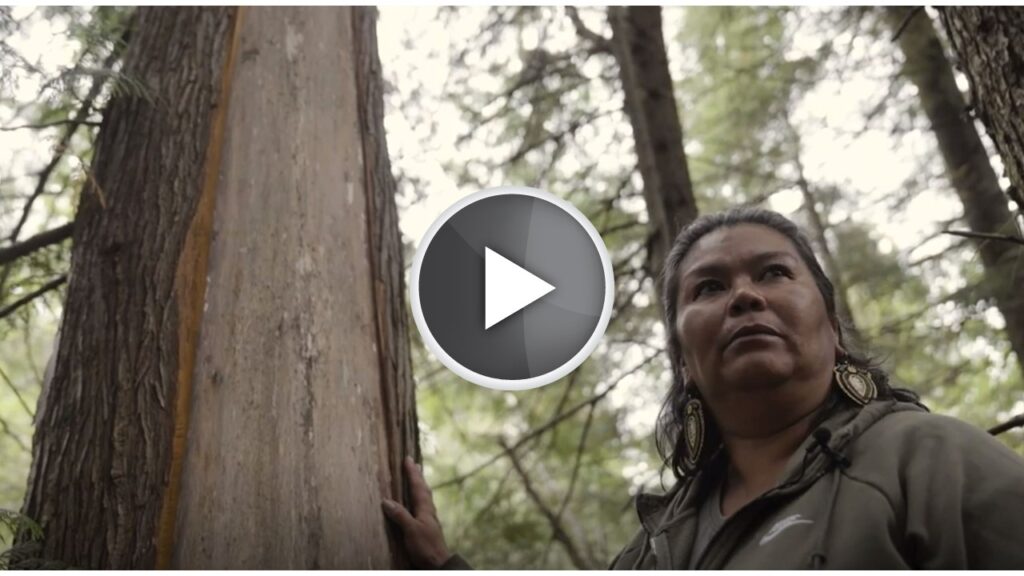
The month of November has been designated as Native American Heritage Month but our partnership, respect and appreciation for local tribal leaders and members is present year-round.
Our work of serving our residents frequently intersects with the priorities and interests of the four primary sovereign nations with whom we share the 1,670 square miles within our boundaries. The Muckleshoot Indian Tribe, the Puyallup Tribe of Indians, the Nisqually Indian Tribe, and the Squaxin Island Tribe are key partners in preserving and enhancing our natural environment, creating jobs, keeping communities safe, and serving our most vulnerable residents.
Those broad connections are why we prioritize our Government-to-Government training classes for County employees, led by Pam and Gordon James. I like to personally kick off these classes (Although sadly, I was sick for our most recent class). During my introduction, I highlight that better understanding tribal history and governance is critical for three reasons. First, it is important for all of us to understand the heritage of this region we call home. Second, our daily work connects us with many colleagues and residents with tribal heritage. And third, our partnerships with the tribal governments differ significantly from those with other local governments. Our tribes are sovereign nations and have rights and responsibilities based on treaties and agreements with the federal government. They are not, like Pierce County and our local cities and towns, creations of state statute.
This Government-to-Government class only lays the foundation for our understanding. We all must continue to learn about our local tribes and how to partner more effectively. Most recently, I appreciated a series in the Seattle Times on our local Puget Sound tribes’ connection to the cedar tree – and why it’s important to both their culture and their stewardship priorities. Here is a video that was part of their reporting (It will play right after an ad).

I’d like to especially thank Sarah Colleen Sotomish on my Executive Team for helping broaden and deepen our understanding and partnerships with our local tribes.
Taking time during Native American Heritage Month to learn more about and respect the ways of the tribal nations in our region allows us to better work together every day of the year.
Thanks for reading,

Bruce
